Affiliate links on Android Authority may earn us a commission. Learn more.
SSD vs HDD vs hybrid: Which drive is right for you?
Published onDecember 25, 2021
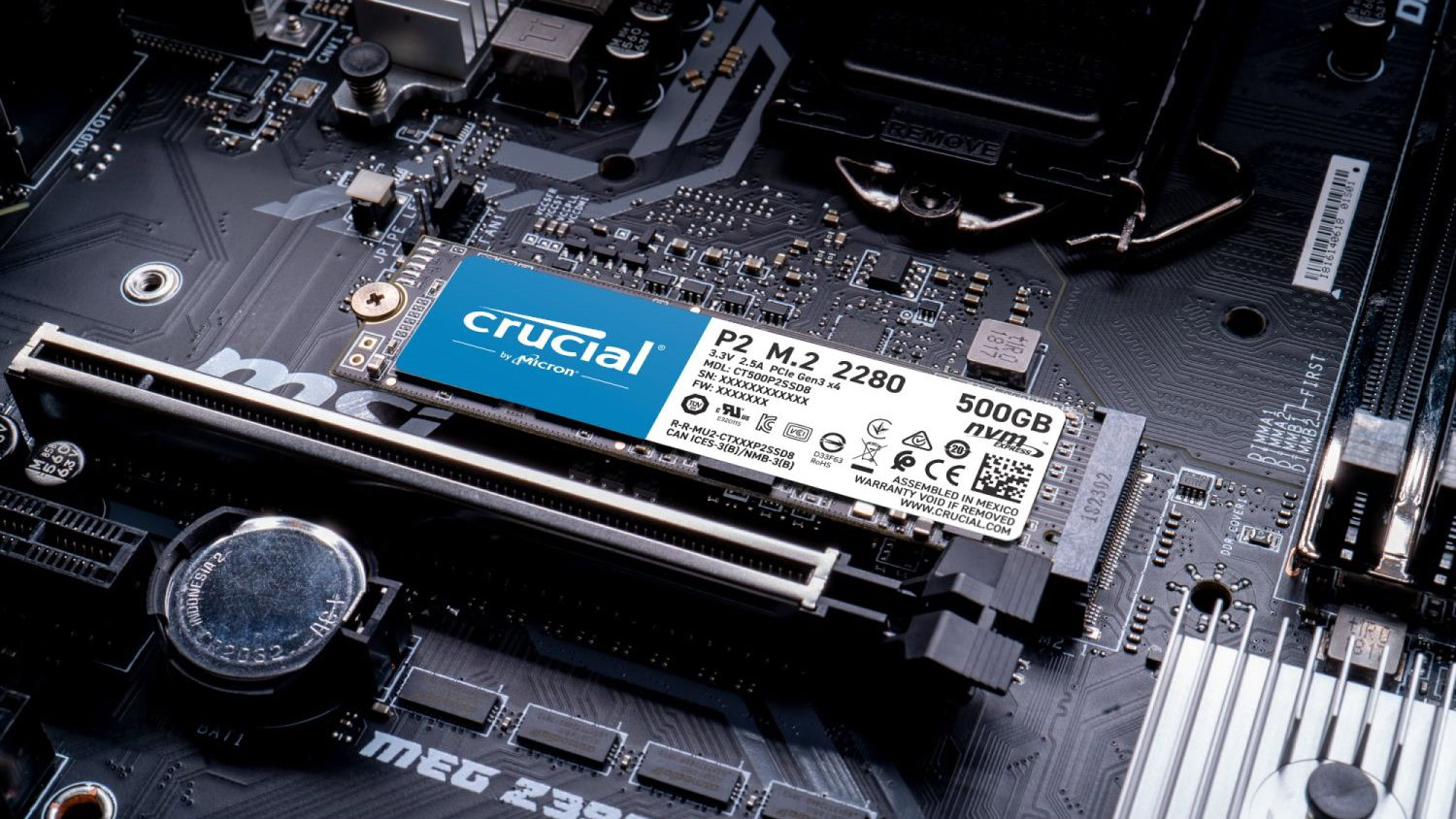
When it comes to picking the right data storage, there are two mainstream options available: SSD (Solid State Drives) and HDD (Hard Disk Drives). Then there is the amalgamation of both that is a Hybrid drive, also referred to as an SSHD (Solid State Hybrid Drive). HDDs have been the go-to storage choice for years, providing a solid balance of storage capacity and price — a balance that has only gotten stronger in recent years. However, SSDs have been catching up of late, offering better value for money. SSD vs HDD is a hot contest right now, and hybrid drives offer solid middle ground.
As of now, picking between SSDs, HDDs, and SSHDs is quite tricky. While it seems all black and white, there’s no absolute winner in the SSD vs HDD vs hybrid debate and it all comes down to the use cases in question. Let’s dive into the differences between the three to see which one would be better for your needs.
SSD vs HDD vs hybrid drives
The three types of drives have a few key elements that set them apart from each other. They differ in terms of how they operate, their performance, and their pricing.
What is an HDD?
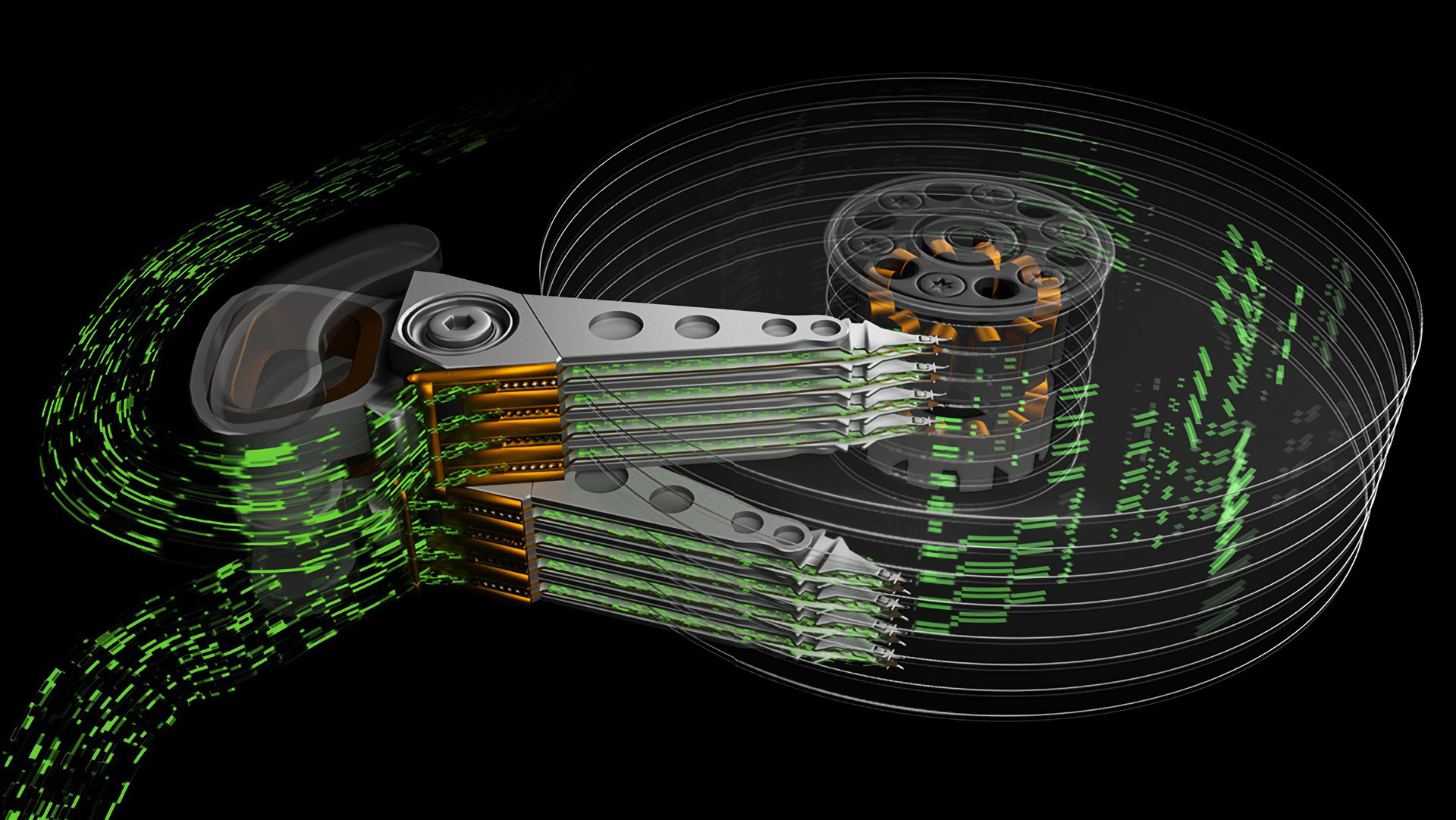
HDDs, also referred to as hard disks, have been the go-to storage solution for years. An HDD has spinning metal platters that have a magnetic coating. The data is stored on these platters and read with heads mounted on an actuator arm. These heads physically seek the area on the corresponding platters. This means that a hard disk can take quite some time to save and retrieve your data.
What is an SSD?
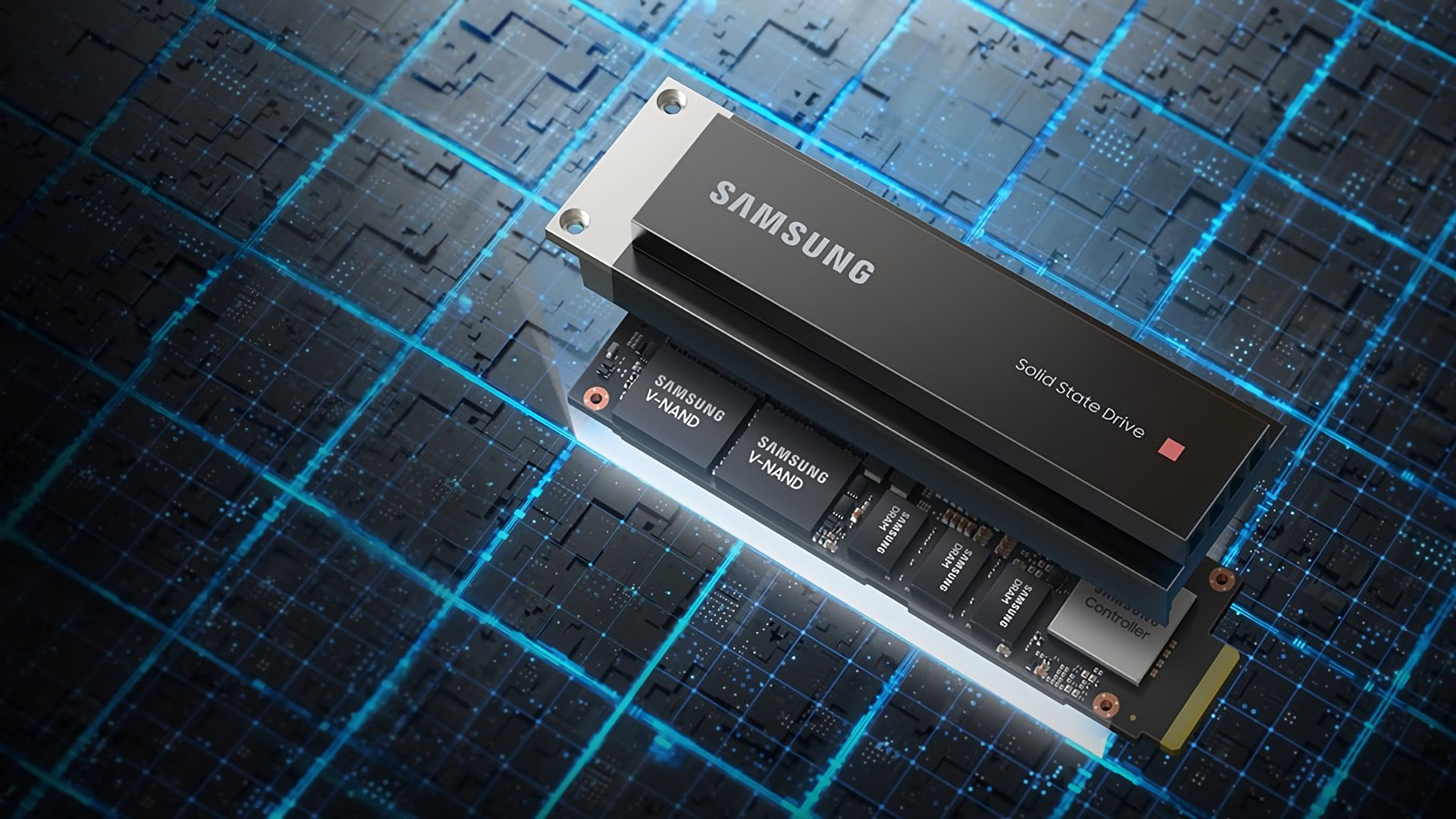
An SSD uses a much simpler design. It has a bunch of NAND chips that store the data. These NAND chips are high-speed flash memory chips. However, unlike another popular flash storage technology that is DRAM, NAND chips are not volatile. This means that NAND chips can retain the charge, and thus the data, even when powered off.
What is a hybrid drive (SSHD)?
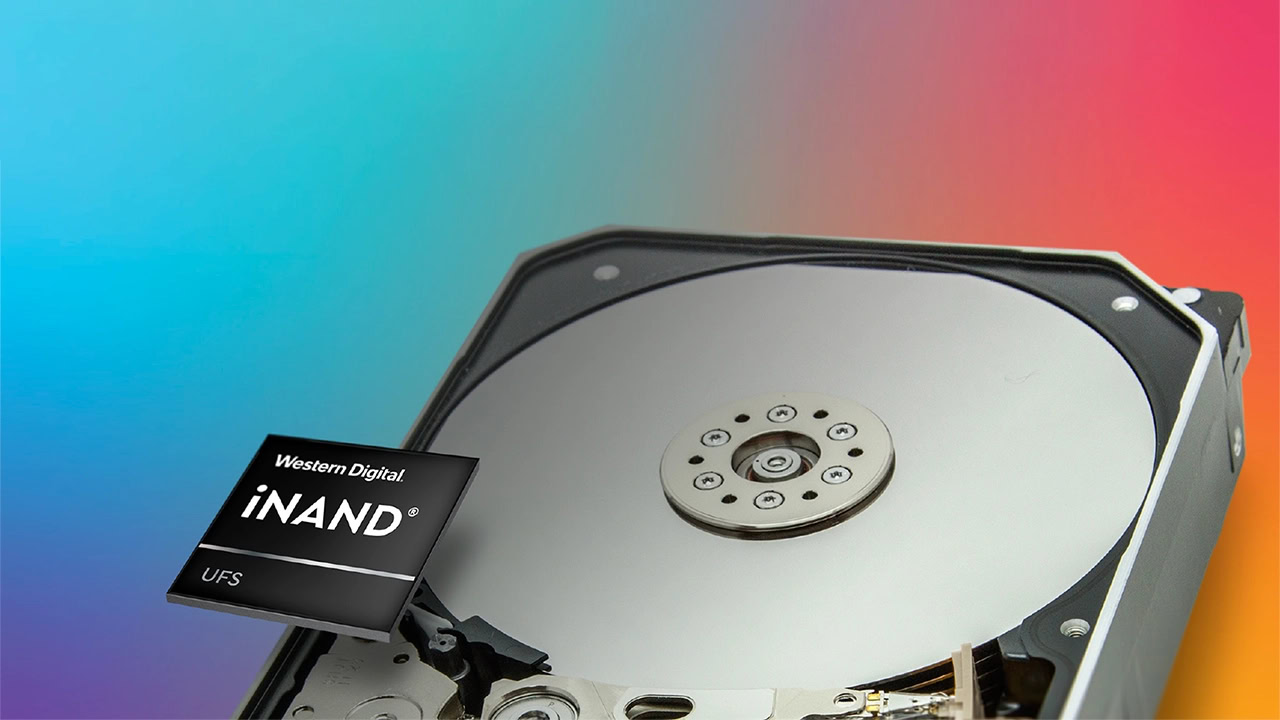
A hybrid drive, often referred to as SSHD, uses both SSD and HDD technology. It is basically an HDD with a NAND chip integrated into it. The faster SSD acts as a cache for the data stored on the slower mass storage that is the HDD. An SSHD aims to identify elements on the disk that pertain to performance, like any file that is related to booting, or data of a similar priority that may affect performance. This data is then cached and stored in the SSD component of the drive to increase speed over typical HDDs.
What are the differences?
Due to the presence of moving parts, HDDs are bulkier and heavier. While we have seen hard disks get smaller over the years, they still have the disadvantage of heft. In contrast, SSDs are mostly made out of a thin and lightweight PCB with NAND chips on them. While the SATA SSDs have the typical 2.5-inch form factor for mounting, they’re much lighter than hard disks of the same size.
Speaking of interfaces, HDDs still majorly use the older, slower SATA interface. On the other hand, SSDs have moved on to taking advantage of the high bandwidth that PCI Express provides, with the new NVMe drives. An NVMe SSD thus has better performance in terms of read and write speeds than a typical SATA HDD.
SSHDs are quite like HDDs, except with an SSD component. As such, they share many similarities with HDDs. The speeds are quicker in comparison to an HDD. Being adjacent to an HDD, it uses the same old SATA interface. So the speeds don’t quite come close to those of NVMe SSDs, either.
There is also another kind of hybrid drive system, called the dual-drive hybrid system. It basically is a software solution that integrates a separate HDD and SSD installed in your system into a hybrid volume. It’s not quite a hybrid drive really, but more of a software optimization to get the better of your SSD + HDD setup.
HDD: Pros and cons
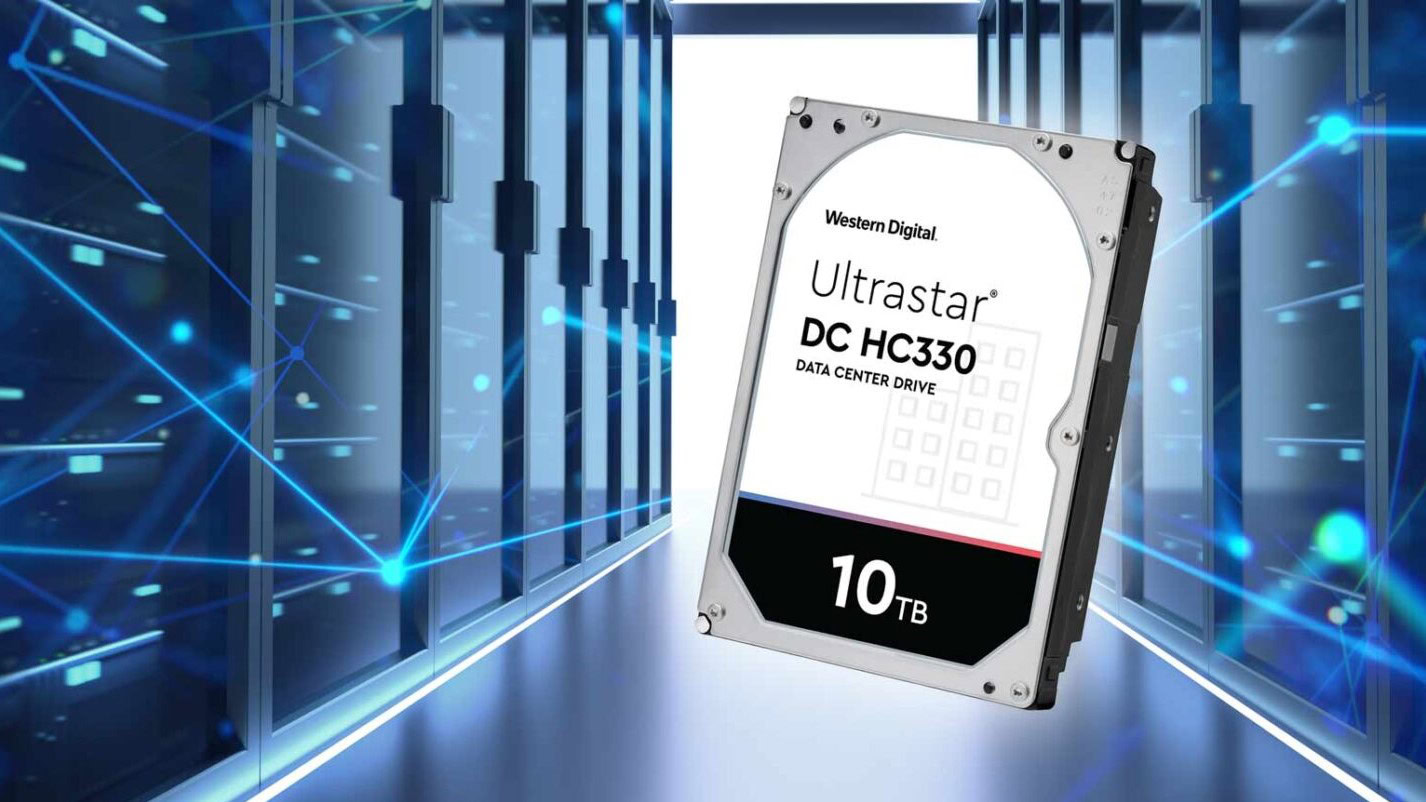
HDDs may seem like an old and obsolete choice for storage, but that is not quite the case. Hard disks are still a great storage solution for many use cases. To begin with, if capacity is your priority, HDDs are the way to go. Hard disks offer a much better value at higher capacities, making them perfect for mass storage.
On the other hand, HDDs are more susceptible to failure. Hard disks have moving parts, which means that a certain amount of shock or vibration can damage one. Magnetic force can also cause hard disks to malfunction. In addition to this, HDDs also consume more power. The slow data speeds also mean that hard disks are terrible as boot drives in modern systems.
SSD: Pros and cons
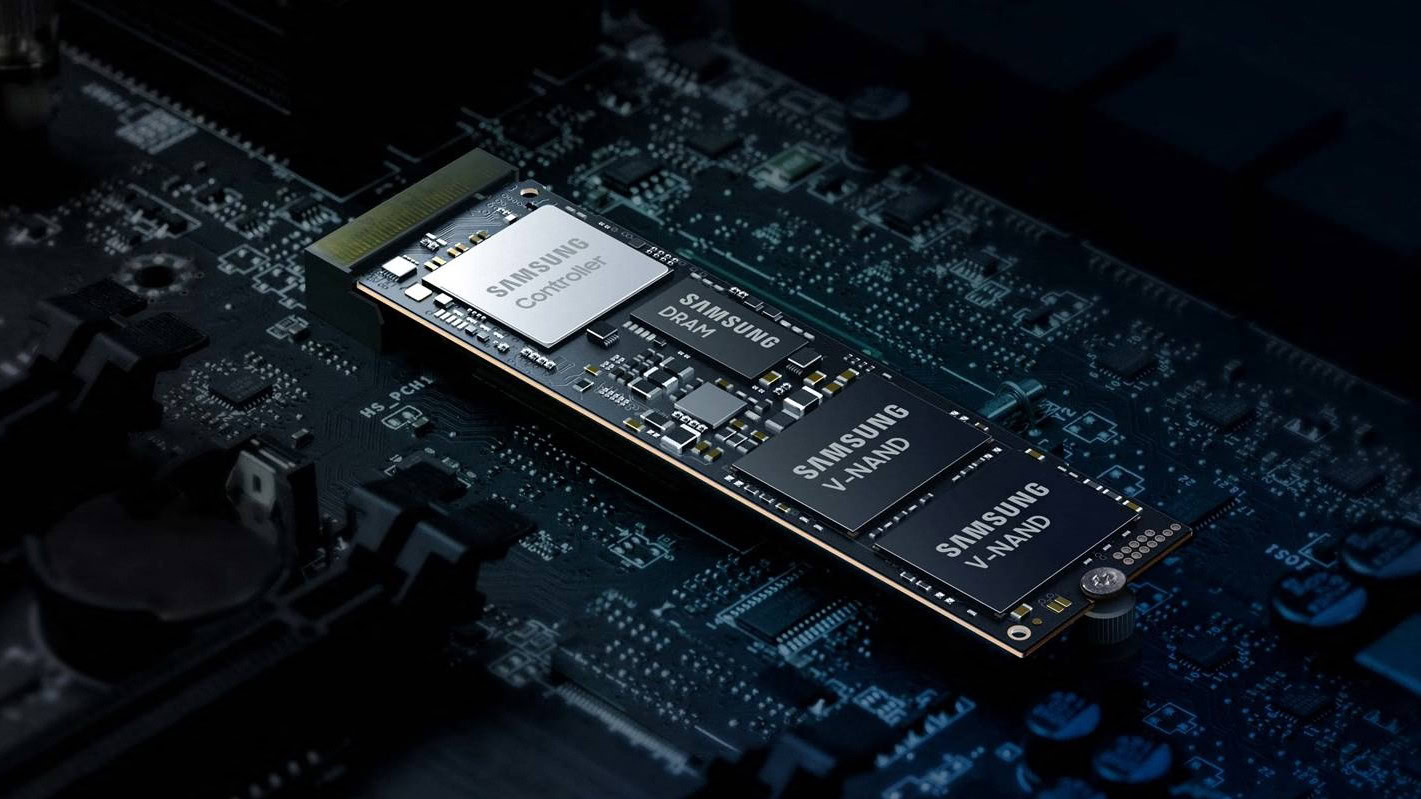
SSDs offer one major advantage over HDDs — speed. SSDs offer a lot higher read and write speeds than HDDs, which means that they’re great for storing data that you want to access regularly and quickly. They’re also less prone to failure. SSD failure rates are related to P/E cycles, i.e. programmed and erased cycles. This means you can use your SSD for a specific number of data cycles before it reaches a point where it is highly likely to fail. However, manufacturers often specify the endurance specifications, so you can prepare for failure in advance.
Despite getting more and more affordable, SSDs still remain the costlier storage solution. The upper limit of SSD capacities, for now, is also lower than that of HDDs, and higher capacity models can get notoriously expensive.
See also: The best hard drives & solid state drives you can buy for the Playstation 5
Hybrid drive: Pros and cons
Hybrid drives combine the practicality of HDDs, with some of the speed advantage that an SSD has. In terms of cost, an SSHD drive costs more than an HDD of similar capacity, but considerably lower than an SSD of the same capacity. It carries the cons of the HDD, and also its advantages.
SSD vs HDD vs hybrid drives: Which one to buy?
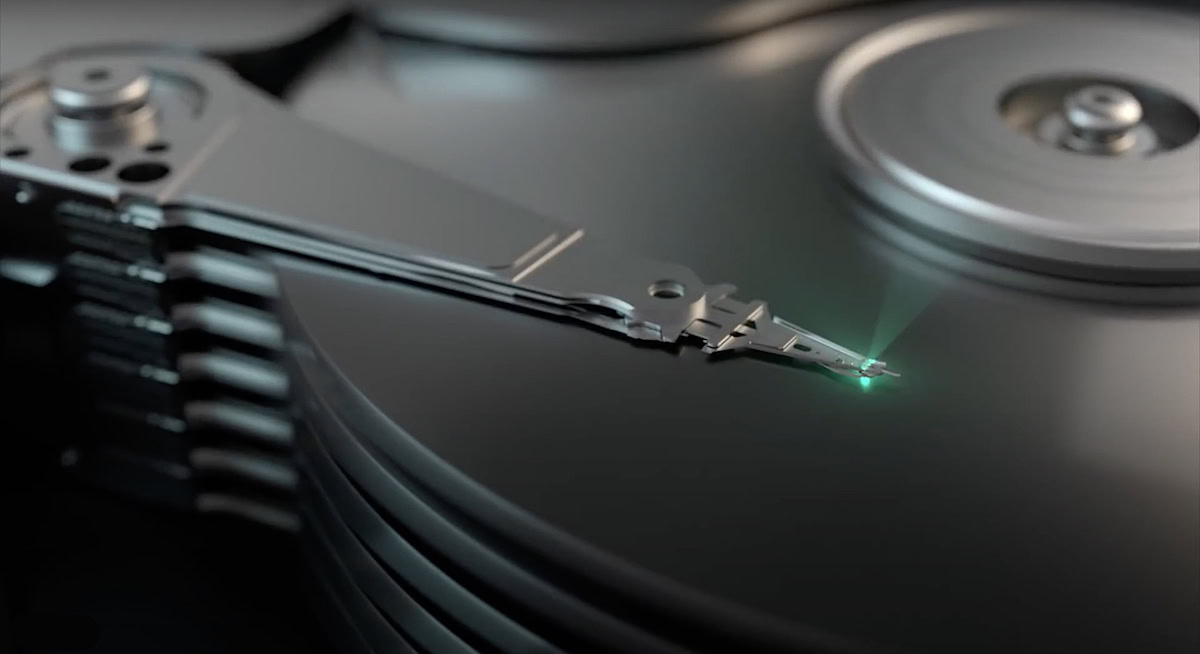
It all comes down to your use case. An all-SSD setup with multiple high-capacity SSDs doesn’t make sense unless you’re planning on using your machine for intensive time-sensitive tasks. The best option for most folks is to buy an SSD as your boot drive, for your operating system, and a few other essential programs.
For the rest of your data storage like all your movies, pictures, music, and other media, and maybe even some space-hogging game installations, an HDD makes more sense. This is the implementation you can see in most of the best laptops you can buy these days. If you don’t have much of a need for mass data storage, you can just get an SSD with a capacity that matches your needs. Alternatively, if you’re on a very strict budget and don’t mind the slower speeds, having only an HDD as your storage device should be fine.
As far as SSHDs go, it makes sense to get one if you’re going to be using just one drive in your system. If you want a mass-storage drive with a high capacity at a low cost, but want to use it as a boot drive as well, then an SSHD would make sense. If you can spend a little extra, however, it would make more sense to go with an SSD + HDD setup instead.
Looking for more explainers? Check out these articles next: